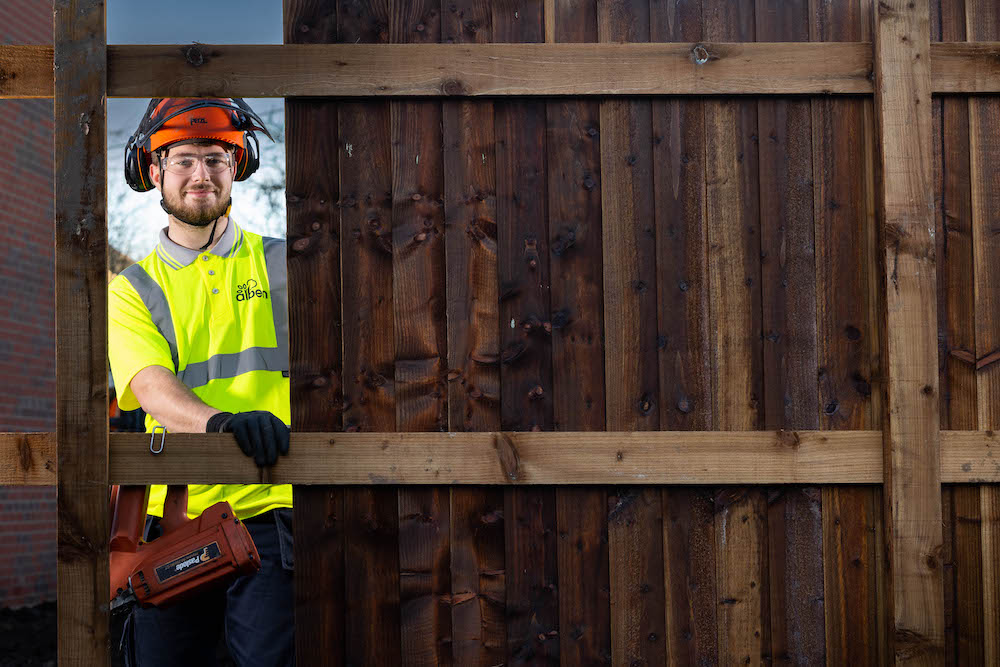What Skills Do I Need?
-
Technical Skills
Proficiency in various fencing techniques and familiarity with different fencing materials.
-
Physical Fitness
Capability to perform physically demanding tasks and work in various outdoor conditions.
-
Attention to Detail
Precision in following plans and specifications to ensure quality and compliance.
-
Safety Awareness
Adherence to safety protocols to prevent accidents and ensure the safety of the work environment.




